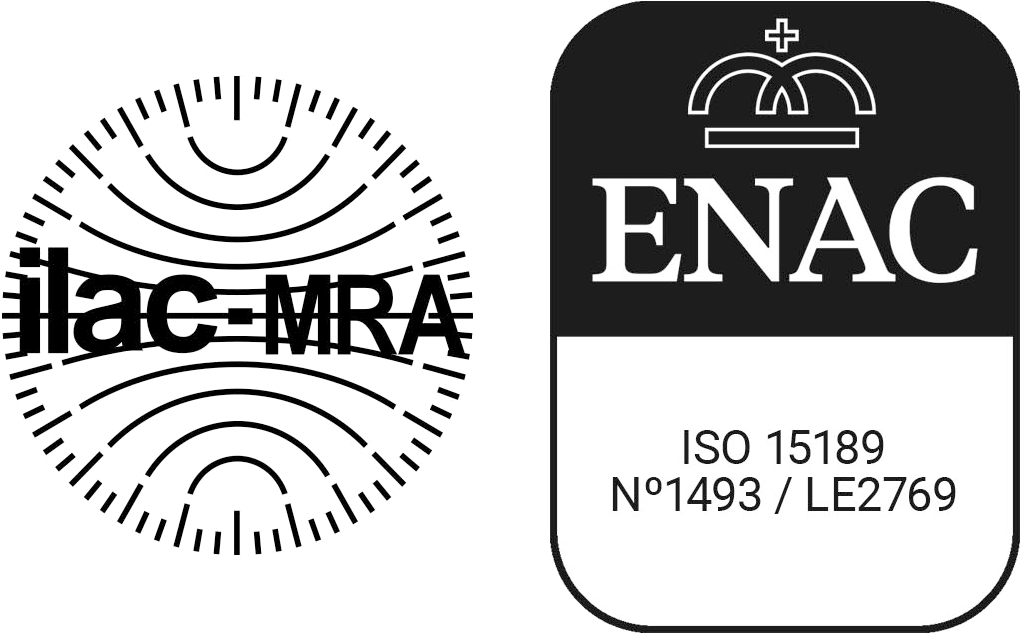It has been estimated that everyone carriers 3‐5 genetic mutations but in most cases these do not cause a disease. This is because we each have two copies of every gene (with the exception of genes on the X-chromosome in men). The GeneSeeker test looks at variations in the DNA which are ‘recessive’, meaning that they only cause a disease when both copies of the gene have a mutation. If you have a recessive mutation in one copy of a gene, stopping it from working properly, the other (normal) copy is sufficient to prevent the disease. However, if your partner carries a mutation in the same gene, then there is a risk that a future child could receive a defective copy from each of you, leaving them with no functioning copies of the gene, and causing them to develop an inherited disorder.

